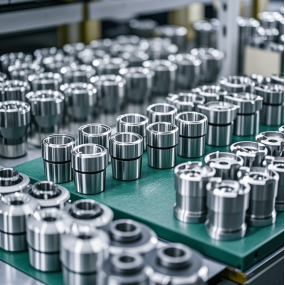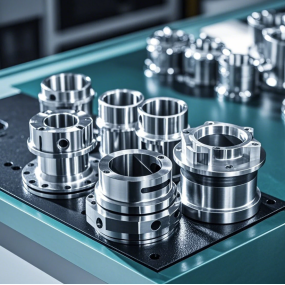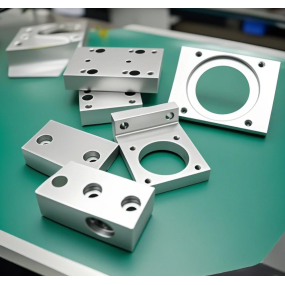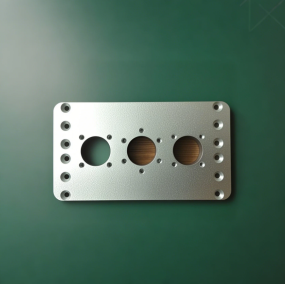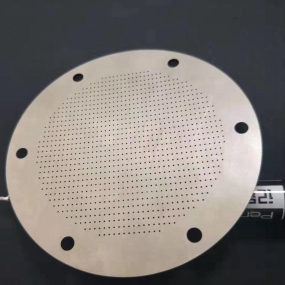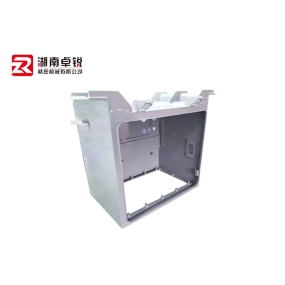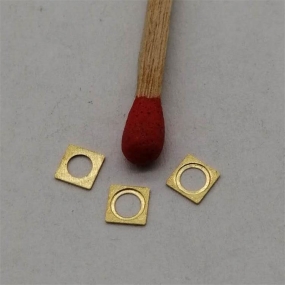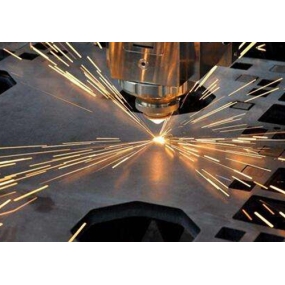Shenzhen EMAR Precision Technology Co., Ltd. is a professional manufacturer dedicated to precision machining of high-precision optical components. The company has more than 100 modern precision CNC equipment, mainly including center of gravity CNC lathes, tool walking CNC lathes, CNC Machining centers, turning milling composite machining centers, and automatic tool walking machines. Next, we will introduce you to the professional knowledge required for precision machining of optical components.
1、 Basic Introduction to the Major
The Optical Precision Processing Technology major aims to serve Changchun optical enterprises, the economic and social development of Changchun City and Jilin Province, and is oriented towards the production and service front line of the optical industry. It cultivates high-quality workers and intermediate level skilled personnel who master the basic knowledge of optics, mechanics, electronics and other disciplines, have the necessary basic knowledge and professional skills in the fields of optical cold processing, vacuum coating and quality management, can independently complete typical tasks of optical processing and testing, and have comprehensive professional abilities as optical process technicians, optical electromechanical product marketers, and production administrators.
This major is mainly divided into two aspects: optical cold processing and optical coating. Optical cold processing is the process of processing optical component blanks into optical components that meet technical requirements (including curvature radius, surface accuracy, center thickness, and appearance qualification); Optical coating is the process of evaporating and depositing some metal or dielectric materials on the surface of optical components in a vacuum state, forming a thin film to change the spectral transmission and reflection characteristics of light on the surface of the lens. Meet the specified technical requirements.
After graduation, students in this major are mainly oriented towards the optoelectronic manufacturing industry and optical related industries. They can work in positions such as lens grinding, optical lens testing, optical coating, optical enterprise process personnel, optoelectronic product sales and after-sales service, and basic equipment maintenance and management in optoelectronic enterprises.
2、 Professional course offerings
This major offers a total of 15 courses, including public basic courses and professional skills courses. Among them, there are 8 cultural basic courses, including moral education, physical education and health, Chinese language, mathematics, English, computer basics, art, and physics. There are 5 core courses in the major, including mechanical drawing (1), engineering optics basics, optical materials and accessories, optical component inspection, optical component processing and testing job task analysis, and 2 professional skills direction courses, learning part processing technology and optical component coating; A total of 1430 class hours.
3、 Graduation requirements
1. Knowledge requirements:
Graduates of this major must master the processing principles of optical parts, be familiar with various processing methods, have a comprehensive understanding of the standards and requirements of optical parts, have practical knowledge of the properties of various glass and auxiliary materials, be able to improve processing efficiency and prevent surface corrosion of optical parts, be familiar with the measurement methods and accuracy analysis of optical parts, be proficient in the use and characteristics of various detection tools, master certain mechanical knowledge, understand the processing principles, mechanical structures, and processing accuracy of various machinery and equipment, and be proficient in and accurate design of fixtures and jigs.
2. Professional skills:
1) Basic skills such as computation, experimentation, optical drawing, mechanical design, etc. Be able to apply modern mathematical methods and computational tools (such as microcomputer operations and programs) to solve practical problems in optical processing; Capable of independently completing optical processing technology design, operating mechanical equipment, and analyzing and organizing processing results; Capable of accurately and proficiently drawing optical component diagrams;
2) Technological innovation skills. Through actual processing experiments, a new understanding of optical processing technology is formed and new processes are developed.
3) Practical operational skills. Have certain skills in operating equipment and instruments.
4) Expression skills. Be able to express technical insights clearly and accurately in written and oral form, and provide technical guidance. Be able to write standardized technical documents for different processes in the prescribed format.
5) Computer usage skills. Proficient in using computers, operating skills, and commonly used applications, able to independently use computers to solve process problems.
6) Skills in economic analysis and evaluation of processes. Make accurate cost analysis and evaluation of problems that arise during optical processing.
3. Comprehensive quality:
To love the motherland, abide by laws and regulations, possess certain language and written expression abilities, have a pioneering spirit, innovative consciousness, entrepreneurial ability, and have the preliminary ability to update technical knowledge and the general ability to adapt to changes in job requirements.
Precision machining of optical components is different from general precision components, with professional processing accuracy and material requirements. If you have processing needs for optical components, please feel free to contact us by phone.


 Spanish
Spanish Arabic
Arabic French
French Portuguese
Portuguese Belarusian
Belarusian Japanese
Japanese Russian
Russian Malay
Malay Icelandic
Icelandic Bulgarian
Bulgarian Azerbaijani
Azerbaijani Estonian
Estonian Irish
Irish Polish
Polish Persian
Persian Boolean
Boolean Danish
Danish German
German Filipino
Filipino Finnish
Finnish Korean
Korean Dutch
Dutch Galician
Galician Catalan
Catalan Czech
Czech Croatian
Croatian Latin
Latin Latvian
Latvian Romanian
Romanian Maltese
Maltese Macedonian
Macedonian Norwegian
Norwegian Swedish
Swedish Serbian
Serbian Slovak
Slovak Slovenian
Slovenian Swahili
Swahili Thai
Thai Turkish
Turkish Welsh
Welsh Urdu
Urdu Ukrainian
Ukrainian Greek
Greek Hungarian
Hungarian Italian
Italian Yiddish
Yiddish Indonesian
Indonesian Vietnamese
Vietnamese Haitian Creole
Haitian Creole Spanish Basque
Spanish Basque

